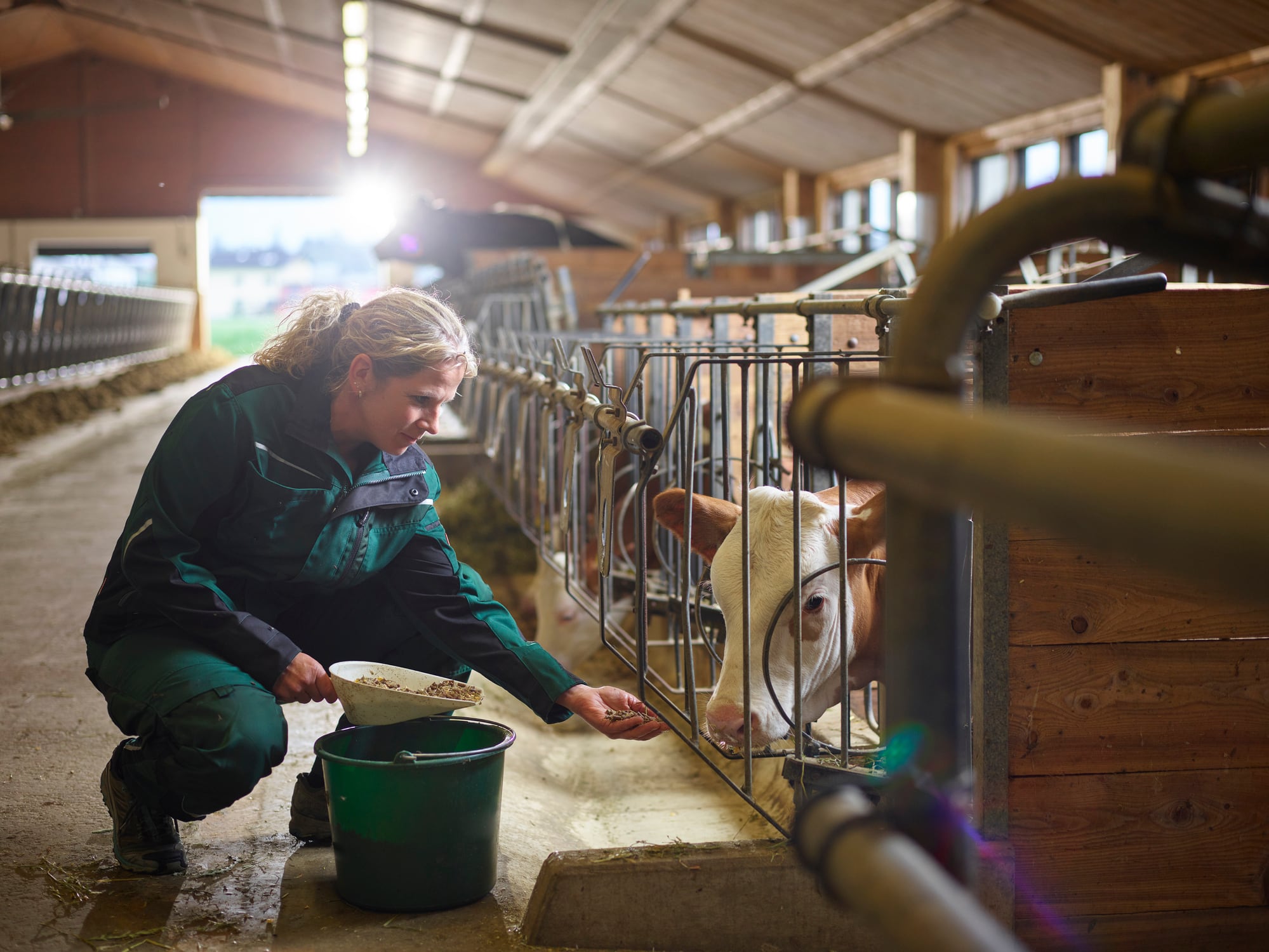Speaking at the 11th European edition of the Sustainable Food Summit in Amsterdam, Robert Verkerk, founder and executive director of UK-based campaign, research and education organisation the Alliance for Natural Health (ANH) International, said “there were a number of issues” with the EAT-Lancet report.
Published at the beginning of the year, the EAT-Lancet report attempted to find a solution to the problem of how to feed the nine billion people expected on the planet by 2050 both healthily and without destroying the planet. It called for the global population to cut its meat consumption in half and double its intake of fruit, vegetables, nuts and seeds.
Inadequate protein and amino acids
But the recommended daily intake of protein put forward by the EAT-Lancet authors were “based on an inactive young adult,” complained Verkerk. “If we are now going to become less sedentary and more active as governments are asking us to do, actually the protein requirement goes significantly up.”
He added: “If you shift much more to plant-based proteins there are real possibilities that amino acid ratios that you consume are actually incomplete. There is certainly concern that vegetable diversity -- you cannot think about vegetables and fruit as being the same thing -- is reduced. We’ve got to think about what happens when you consume more vegetables that are basically underground tubers – they are often very rich in starch and may contain a lot of sugars… what happens there?”
How people prepared foods was another huge factor. In Asia, for example, there had been a shift towards cooking methods “that don’t allow the development of resistant starches".
Traditionally in Japan, for instance, 85% of peoples’ diet was carbohydrate, explained Verkerk. “But they would cook their sweet potato in the morning and eat it through the rest of the day. When it cools it develops resistant starch which is not metabolised into blood sugar.”
The EAT-Lancet recommendations, therefore, “do not adequately take into account adaptions of specific sub populations to particular diets and the potential impacts on the microbiome, especially of the gut that can be associate with dietary transformation.”
Another concern related to fatty acids, said Verkerk. “One of the real issues we have is that their approach would actually bump up the omega 6 polyunsaturated fatty acid levels, and an elevated ration between omega 6 and omega 3 is one of the issues that’s really driving inflammation in modern societies. We’ve got to look at the evolutionary context and that we probably did evolve close to areas where we could actually consume lots of omega 3s. There some really interesting sustainable trends developing for producing more omega 3s through microalgae for example – these are going to become really important areas to try and balance health against the requirements to feed nine billion people by 2050.”
The ANH critique added that the implications of removing as much livestock as proposed by the Commission from farming systems could ultimately be worse for climate change, biodiversity, soil conversation and water management.
“If we are going to make a shift towards halving our meat input then who are we talking about?” he asked. “In terms of net environmental impact you’ve got to look at where are the population impacts. What China does or what America does is hugely important. New Zealanders eat much more meat than almost anyone else but the net impact on the planet is very small. So context is very important.”
He added: “If there are parts of Russia or Australia that do well from marginal lands [land which is considered marginal for agriculture but vital for grazing] then maybe livestock makes sense.”
‘More idealism than hard science’
Despite being “strongly supportive of the Commission’s overall objective”, ANH criticised the EAT-Lancet report for putting ideology over experience.
“With an ideology in place it is very easy to look past the full range of factors that require consideration if truly sustainable approaches are to be found,” it said.
“Views about the most sustainable nutritional and agricultural practices are increasingly being informed by desk-based researchers with strong belief systems and ideologies, and little practical experience of either clinical nutrition or agriculture.”
Opportunities for clean label
Verkerk added that food companies should embrace the growing consumer trend for clean label. “The consumer becoming increasingly aware of the ingredients on products,” he noted. “They want to see less of a laundry list and more actual nutritive ingredients. I think there’s an awful lot the food industry can do try and reduce the amount of processing particularly of carbohydrates and fat and that doesn’t mean not producing foods that are not convenient.”
"I think that there are opportunities to move away from what we now refer to as ultra-processing. One of the problems with the world of carbohydrates is that when you mechanically break down carbohydrates so you cut your carbon checks to very short lengths they basically behave like consumable sugar in terms of how the body sees them.
"There’s an awareness that too much processing is bad – I think there are a lot of opportunities to produce more wholesome, less processed foods that are still packaged and convenient and available in supermarkets and there is the beginning of that trend happening."




